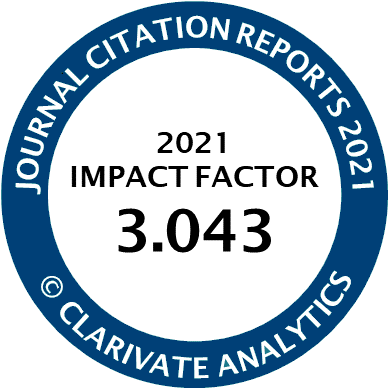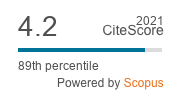Article | Open Access
Joining and Gaining Knowledge From Digital Literacy Courses: How Perceptions of Internet and Technology Outweigh Socio-Demographic Factors
| Views: | 330 | | | Downloads: | 110 |
Abstract: Many government-sponsored policies and programs have been implemented in recent years to reduce digital inequality, but research on the effectiveness of such programs is severely lacking. We examine the short-term effects of participation in Lehava, the largest such program in Israel. Participants in our study completed a survey before and after taking introductory computer and internet classes. The findings demonstrate that motivations for participating in the program (measured before taking the course), as well as knowledge gains (i.e., differences between levels of familiarity with concepts before and after taking the course), were predicted almost exclusively by participants’ perceptions of technology and the internet, and not by socio-demographic or other variables. We conclude by discussing the significance of perceptions over and above socio-demographic considerations for bridging digital inequality gaps.
Keywords: digital divide; digital inequality; digital literacy; Israel; Lehava; media literacy; perceptions about technology; perceptions about the internet
Published:
© Azi Lev-On, Hama Abu-Kishk, Nili Steinfeld. This is an open access article distributed under the terms of the Creative Commons Attribution 4.0 license (http://creativecommons.org/licenses/by/4.0), which permits any use, distribution, and reproduction of the work without further permission provided the original author(s) and source are credited.



